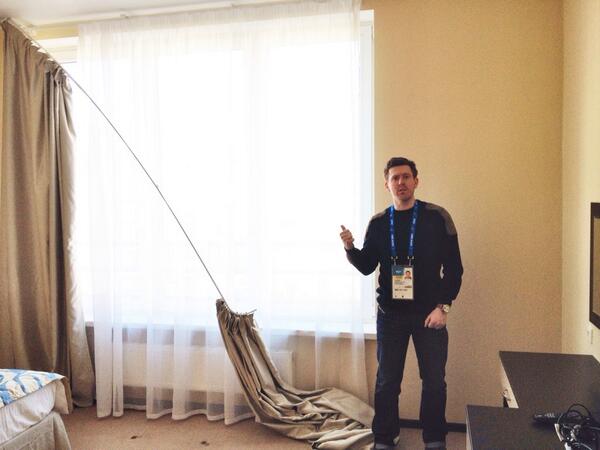If you were to create a mash-up profile of corporate America's most senior executives, it would unsurprisingly look something like this: A white man in his 50s with an MBA who has switched jobs every four years.
Still, a new study published this week in the Harvard Business Review, which provides a snapshot over time of the demographics and career trajectories of Fortune 100 executives, shows how much the boardroom is definitely changing...Read more in the Washington Post. (Thanks, Jordan)





